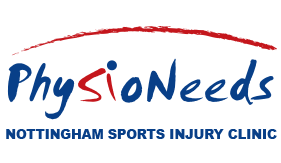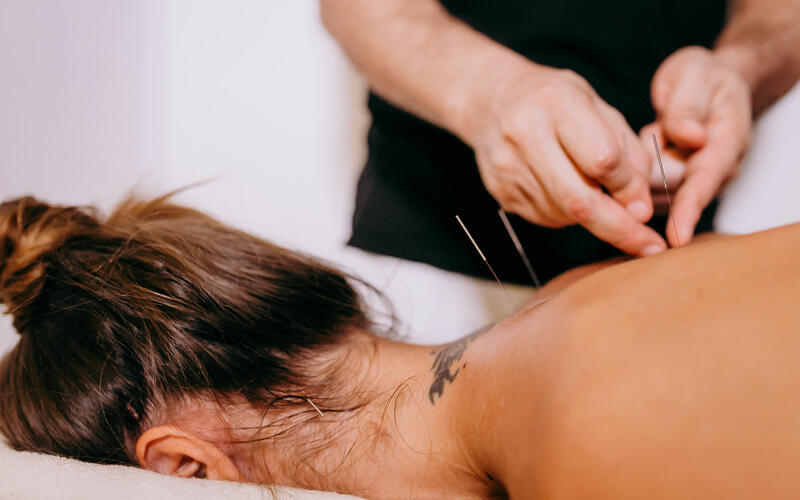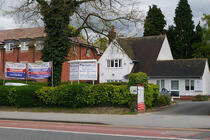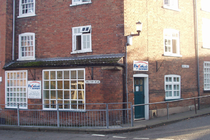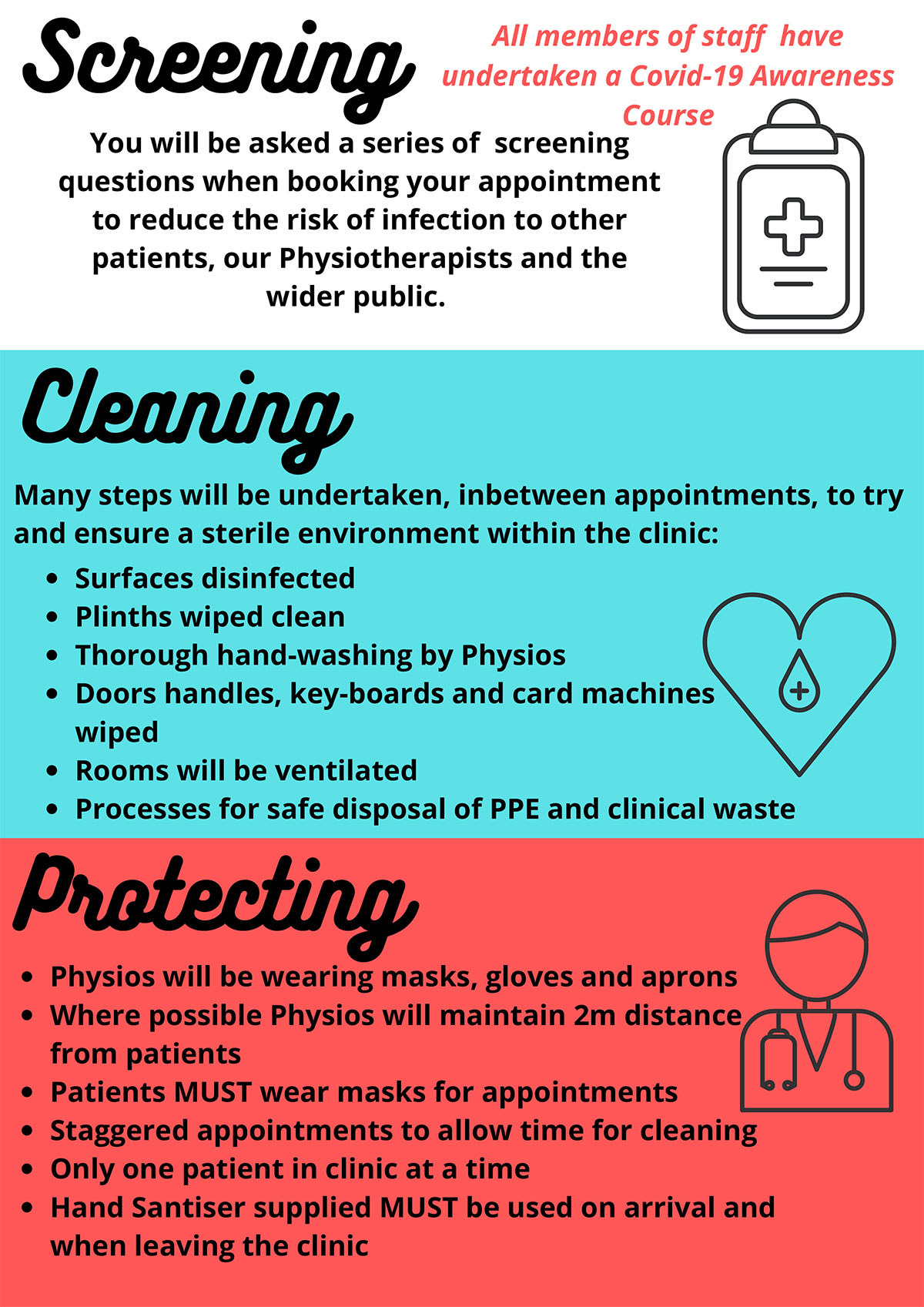Effective Pain Relief for: Arthritis, Sciatica, Whiplash, Migraines
Acupuncture involves the insertion of very fine stainless steel needles into the skin. It has been used in China for over 2,000 years and increasingly in Western medicine since the 1970s. Acupuncture may be used to treat a wide range of common health problems and to reduce pain. For example, NICE guidelines recommend a course of 10 sessions of acupuncture for persistent, non-specific low back pain.
In September 2012, NICE recognised acupuncture's benefits for migraines and tension-type headaches too. Acupuncture can be combined with other physiotherapy treatments such as exercise, manual therapy and relaxation techniques. It can also be used when other more conventional treatments have failed.
In Pain?
Don't sit and suffer - give us a call on 0115 960 9553. Your call will be treated in confidence and we might even be able to fit you in today. Alternatively use our contact form.
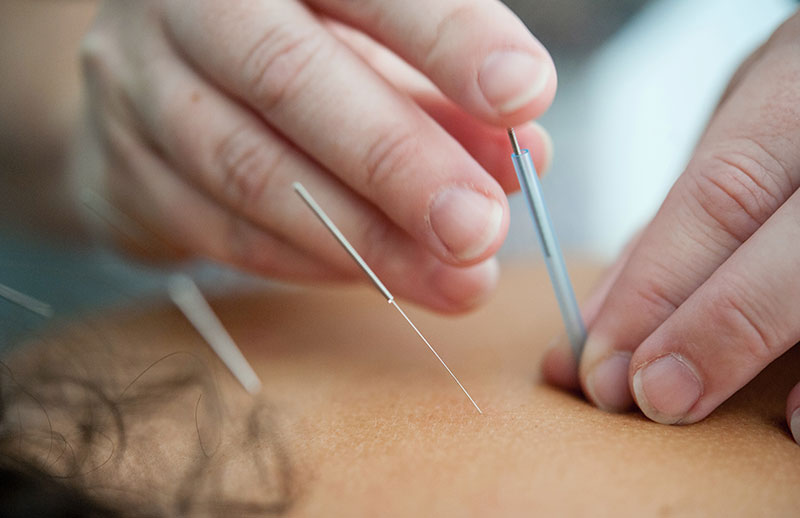
What happens when I see my physiotherapist for acupuncture?
When you first see your physiotherapist, he or she will take your full medical history and ask you about your current health problems. You will be asked to complete a 'consent to treatment' form. Between 1 to 10 needles may be used at a time at an acupuncture session. The number of needles used will vary according to your condition and symptoms. The needles are inserted through the skin either at the sites where you feel pain, away from the pain or a combination of both. The needles are usually left in for a few minutes up to 30 minutes. During the treatment, your physiotherapist may stimulate the needles by gently rotating them. This is done to increase the treatment's effectiveness. The needles are removed at the end of the session. You will then be asked to rest for a few minutes before you leave.
How does acupuncture work?
Acupuncture is one of the many skills employed by Physiotherapists as part of an integrated approach to the management of pain and inflammation. Scientific research and clinical evidence have shown that Acupuncture can reduce pain by stimulating the brain and spinal cord to produce natural pain-relieving chemicals such as endorphins, melatonin (which promotes sleep) and serotonin (to promote wellbeing), to name but a few. These chemicals assist the body's healing processes and offer pain relief as a precursor to other treatments such as manual therapy or exercise in order to aid recovery.
Is Acupuncture Safe?
Acupuncture is a very safe procedure when carried out by fully qualified professionals. Your Physiotherapist is qualified to deliver this therapy and has undergone a recognised accredited training course in acupuncture. The needles used by your physiotherapist are sterile and disposed of after one use.
Acupuncture needles are the same width as human hair so having acupuncture does not feel the same as having an injection. The needles are disposable, pre-sterilised and individually packaged. These are often supplied in guide-tubes for easy insertion which means that there is no risk of anything touching the needle during the process. When needles are inserted, you may feel a temporary, sharp pricking sensation.
Are There any Side Effects to Acupuncture?
Any side effects tend to be mild and short-lived. They may include: fatigue, light headedness, bruising, localised bleeding or soreness or redness or mottling of the skin around the needle sites. If you continue to feel tired after a treatment, it is recommended that you do not drive or operate machinery. If you have or are concerned about any possible side effects, please speak to your physiotherapist
PhysioNeeds Clinics
PhysioNeeds Nottingham
Nottingham Sports Injury Clinic
736 Mansfield Road
Woodthorpe
Nottingham NG5 3FW
PhysioNeeds East Bridgford
PhysioNeeds East Bridgford
1 Main Street
East Bridgford
Nottinghamshire NG13 8PA
